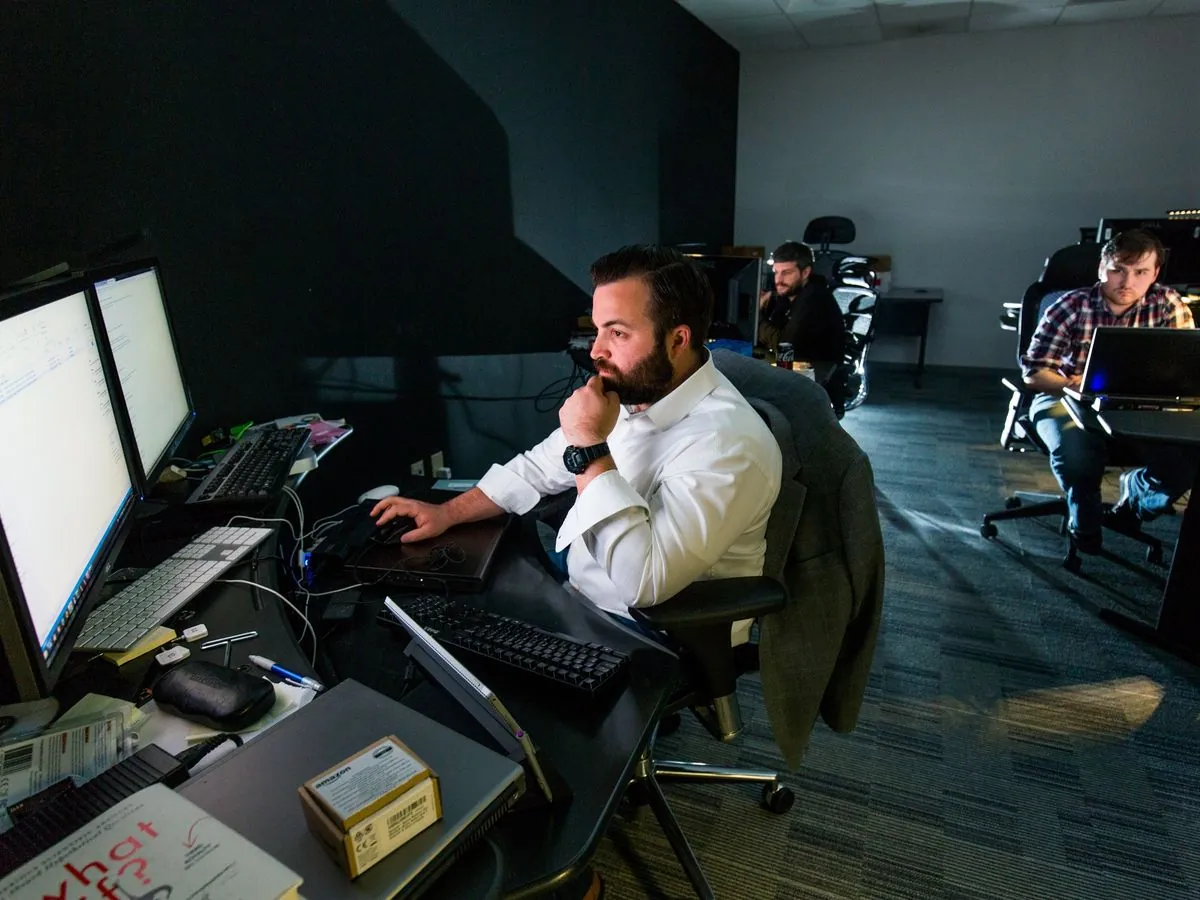As the United States approaches its presidential election, scheduled for November 5, 2024, concerns are mounting over Iran's escalating efforts to interfere in American politics. U.S. officials and cybersecurity experts have identified a surge in Iranian cyber activities, with the recent alleged hack of a presidential campaign serving as a stark example of this trend.
Donald Trump's campaign recently reported an unauthorized access to its internal documents, which were subsequently shared with news outlets. While Iran has denied involvement, the incident has drawn attention to the broader issue of foreign interference in U.S. elections.
Iran's cyber operations have evolved significantly since the early 2000s, with the country now considered a second-tier cyber power globally. The Islamic Revolutionary Guard Corps (IRGC) is believed to be the primary force behind many of these operations, which have targeted not only the U.S. but also regional rivals like Israel and Saudi Arabia.
U.S. intelligence agencies have observed Iranian-linked groups engaging in various online activities, including:
- Covertly encouraging protests related to the Israel-Gaza conflict
- Impersonating American activists
- Creating networks of fake news websites and social media accounts
These efforts aim to spread disinformation and increase polarization among American voters. Iran's motives are multifaceted, including undermining support for Israel and potentially influencing the outcome of the U.S. election.
The FBI is currently investigating suspected hacks of both major presidential campaigns. In May 2024, Google uncovered attempts by an Iranian group to infiltrate the personal email accounts of individuals associated with the campaigns of Joe Biden, Donald Trump, and Kamala Harris.
"There will be consequences to interfering in the American democratic process."
The Senate Intelligence Committee has issued a stern warning to Iran and other hostile nations, emphasizing that attempts to deceive Americans or disrupt the election will not be tolerated.
Cybersecurity experts are particularly concerned about potential "hack-and-leak" attacks, similar to the 2016 incident involving Hillary Clinton's campaign emails. Such attacks not only expose confidential information but can also undermine trust in the electoral process.
The advancement of artificial intelligence has further complicated the landscape, making it easier to create and spread sophisticated disinformation. However, many successful cyberattacks still rely on simpler techniques, such as exploiting inadequate email security.
As the election approaches, U.S. officials and cybersecurity firms anticipate an increase in cyber operations from Iran and other nations. While steps can be taken to minimize vulnerabilities, experts warn that the risk of cyber interference cannot be entirely eliminated in our increasingly digital society.
